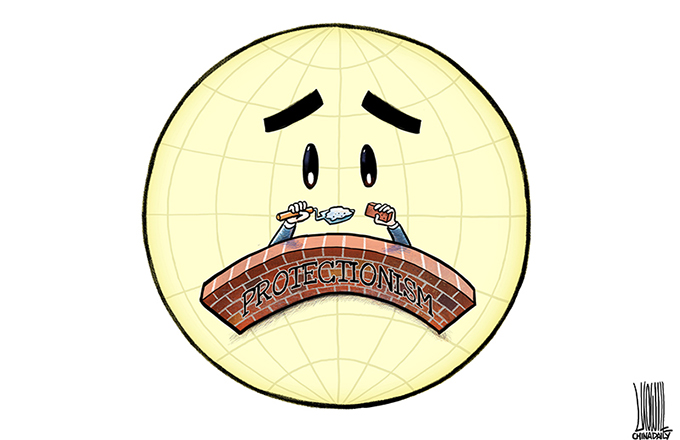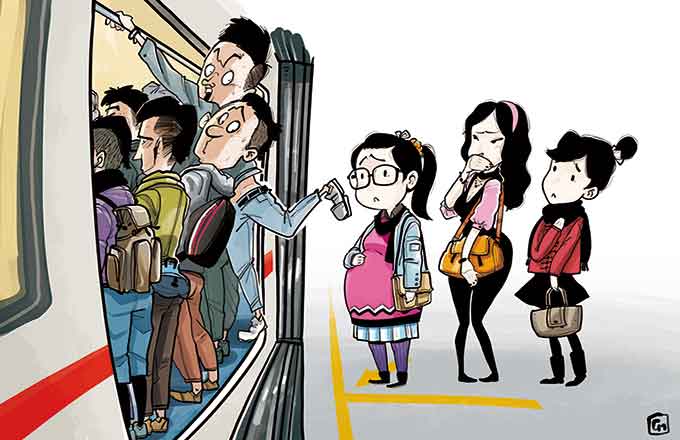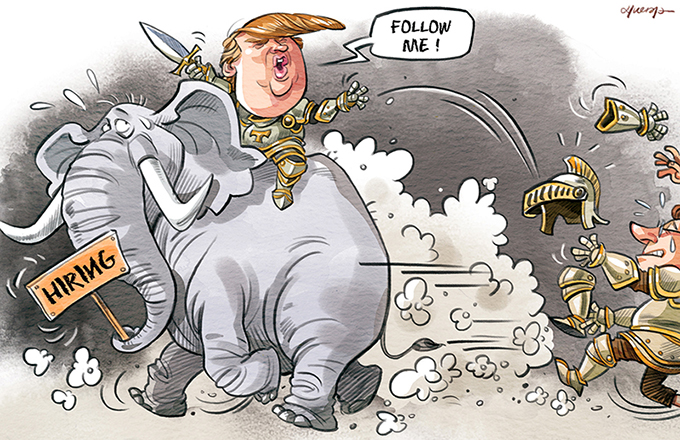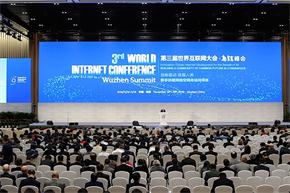Human rights progress as a matter of fact
In its World Report 2013, Human Rights Watch, a New York-based international non-governmental human rights group, has distorted China's judicial system and judicial reforms by twisting or ignoring some basic facts.
Turning a blind eye to the progressive amendments China has made to the Criminal Procedure Law and the Mental Health Law in March and October and ignoring the fact that the country has raised the level of its judicial guarantee for human rights, the report, published on Jan 31, criticizes China by saying that its legal reform has been at a standstill. "When challenged by its citizens, repression or tactical retreat rather than systemic reform remains the Chinese government's default response," the report says.
However, it is an established fact that 2012 marked a milestone in China's judicial reforms, for significant progress was made in that field last year. In terms of steady advancement of the reform and opening-up policy, China has achieved a series of major breakthroughs in recent years in its bid to reform its judicial system.
Following a notice issued by the leadership of the ruling Party at the end of 2008, which outlined a wide range of tasks aimed at strengthening the country's judicial system and working mechanism, the Supreme People's Procuratorate promulgated a program in February 2009 to deepen procuratorial reforms (2009-12). Concurrently, the Supreme People's Court released the third five-year outline for court reforms (2009-13).
By the end of 2012, all judicial and procuratorial reform goals outlined by the country's top judicial and procuratorial bodies had been basically realized.
An amendment to the Criminal Procedure Law, passed by China's top legislature, included stipulations such as "respecting and protecting human rights". The amendment, to a large extent, legalized the significant fruits China's judicial reforms have borne in recent years. They include explicit stipulations on the prevention of illegal evidence collection and full-time video recordings of interrogations of suspects in major criminal cases.
The amendment to the Civil Procedure Law, which took effect on Jan 1, has further streamlined the way civil disputes are handled. According to the amendment, agencies or organizations can sue those whose acts undermine public welfare by polluting or infringing consumers' interests, a move widely believed to be a major step toward creating a public interest litigation system in China.





















